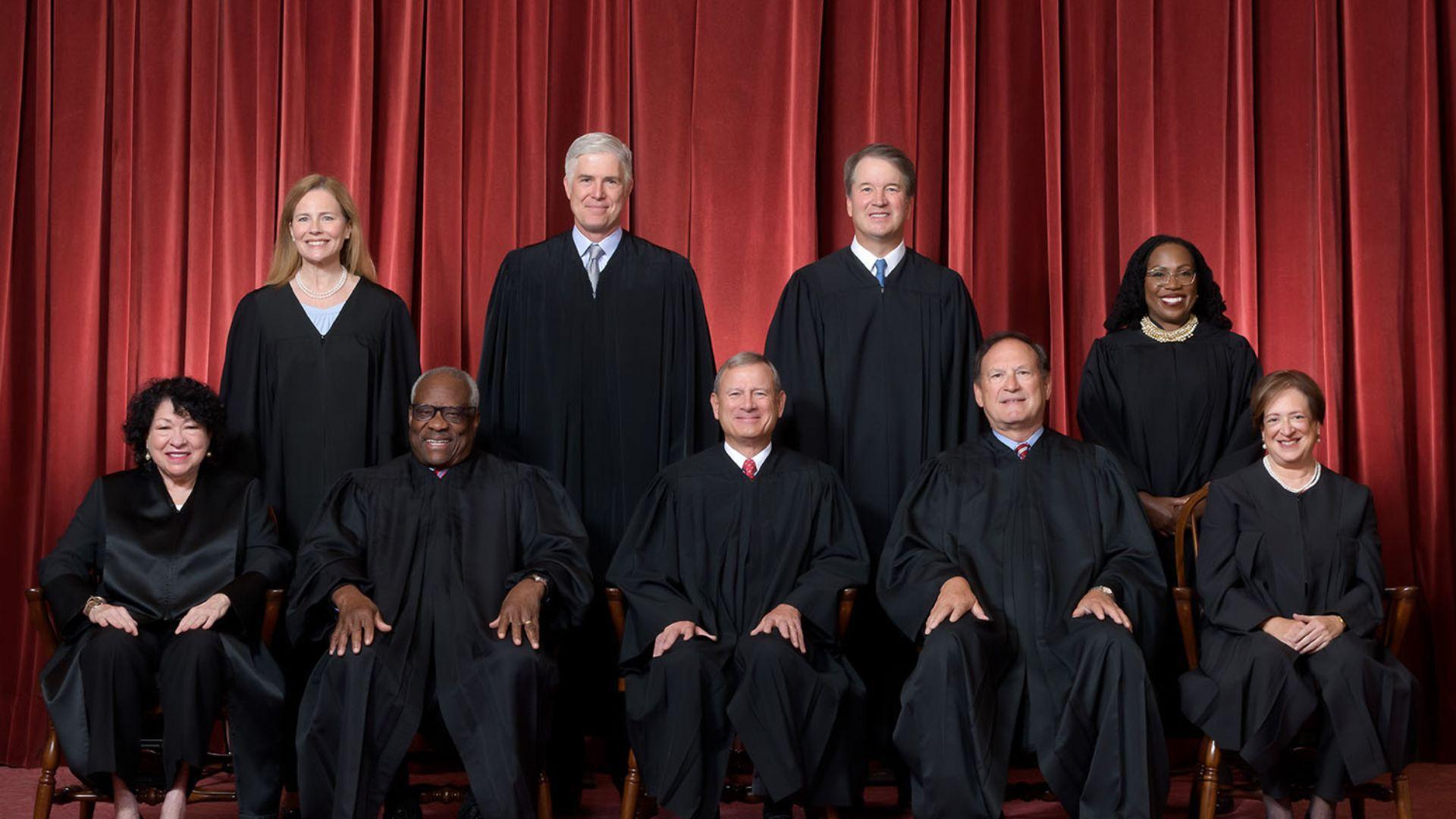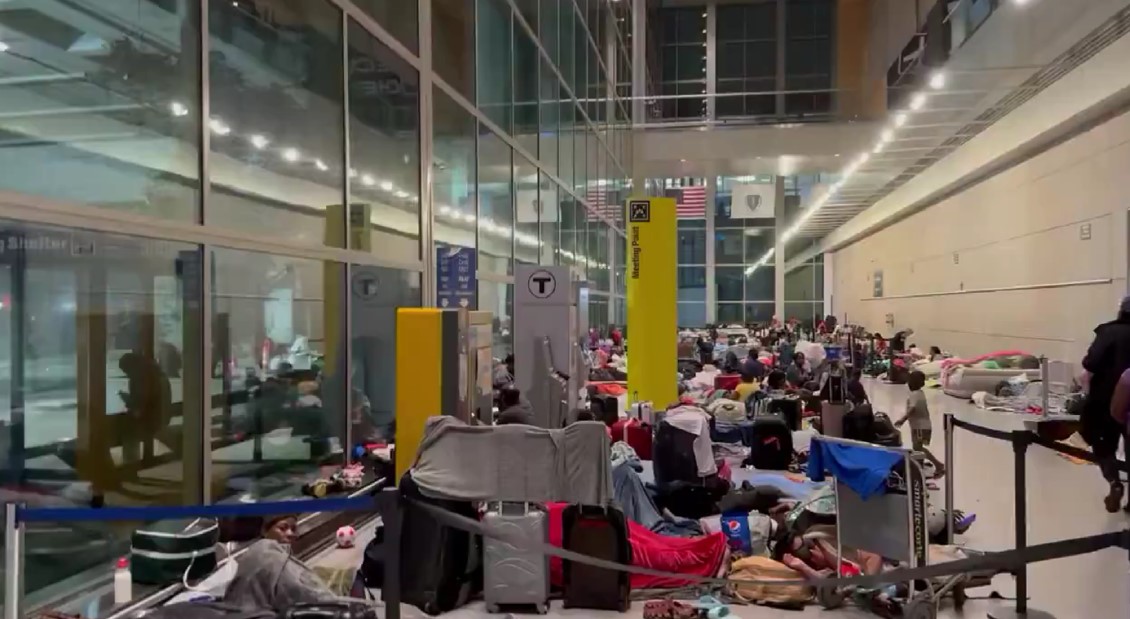Immigrants Who Missed Hearing Lose Deportation Battle at Supreme Court
The Supreme Court has made a crucial decision affecting immigrants facing deportation.
In a 5-4 ruling, the court decided that immigrants can be deported “in absentia” if they miss their hearings, as long as they eventually receive proper notice. This decision marks a significant shift in how deportation cases are handled.
Case Background: Missing Hearings
Three immigrants challenged their deportation after missing their hearings, claiming they didn’t receive proper notice.

Source: Library of Congress/GetArchive
Esmelis Campos-Chaves, Varinder Singh, and Raul Daniel Mendez-Colín each faced “in absentia” deportation orders. Their cases were combined for the Supreme Court to review.
Varied Court Decisions
The Fifth Circuit Court of Appeals denied one immigrant’s petition, while the Ninth Circuit Court of Appeals granted the other two.

Source: Blogtrepreneur/Wikimedia Commons
These differing outcomes highlighted the inconsistencies in how lower courts handle such cases, leading to the Supreme Court’s involvement.
Quotes from the Justices
“Immigrants may not seek rescission of removal orders in perpetuity based on arguments they could have raised in a hearing that they chose to skip,” said Justice Samuel Alito.

Source: Public Domain/Wikimedia Commons
“The government’s failure to ensure NTAs contain basic hearing information undermines procedural protections intended by Congress,” stated Justice Ketanji Brown Jackson.
Justice Samuel Alito’s Majority Opinion
Alito, writing for the majority, stated that the government’s eventual provision of a complete notice fulfills its obligation.

Source: Metin Ozer/Unsplash
He emphasized that immigrants cannot indefinitely challenge their deportation orders based on initial notice issues if they receive proper notice later.
Dissenting Opinion by Justice Ketanji Brown Jackson
Justice Ketanji Brown Jackson, joined by Justices Sotomayor, Gorsuch, and Kagan, argued that the government must provide complete hearing notices initially.

Source: Nitish Meena/Unsplash
She stressed that failing to do so undermines procedural protections meant to ensure fairness in the deportation process.
Esmelis Campos-Chaves' Story
Esmelis Campos-Chaves, from El Salvador, missed his hearing in 2005 and was ordered deported. Thirteen years later, he contested the order, claiming he never received a proper Notice to Appear.

Source: Freepik
The Supreme Court ruled against him, stating he had received subsequent complete notice.
Significance of Notice to Appear (NTA)
A Notice to Appear is crucial for immigrants facing deportation, detailing the time and place of their hearing.

Initial failures to provide this information have led to confusion and missed hearings, as seen in these cases.
Alito’s Clarification on Government Obligations
Justice Alito clarified that the government must still provide complete and compliant hearing notices.

Source: Wikimedia
However, immigrants cannot use incomplete initial notices as a perpetual defense if they receive proper notice later and miss their hearings.
Impact on Future Deportation Cases
This ruling may lead to more “in absentia” deportations, as immigrants who miss hearings due to initial notice issues may find it harder to contest their cases.

Source: Zachary Caraway/Pexels
This decision highlights the importance of understanding and responding to all hearing notices.
Broader Legal and Policy Debates
The decision fuels ongoing debates about immigration policy and procedural safeguards.

Source: mer_ga52032, X
Advocates for immigrants may push for legislative changes to ensure the government adheres strictly to notice requirements, balancing enforcement and fairness.
Looking Ahead
The Supreme Court’s ruling has set a precedent that will impact how future deportation cases are handled. Ensuring immigrants receive and understand their hearing notices will be crucial in upholding their rights while enforcing immigration laws.

Source: Wikipedia
This decision marks a critical moment in the ongoing dialogue about immigration reform and justice.
